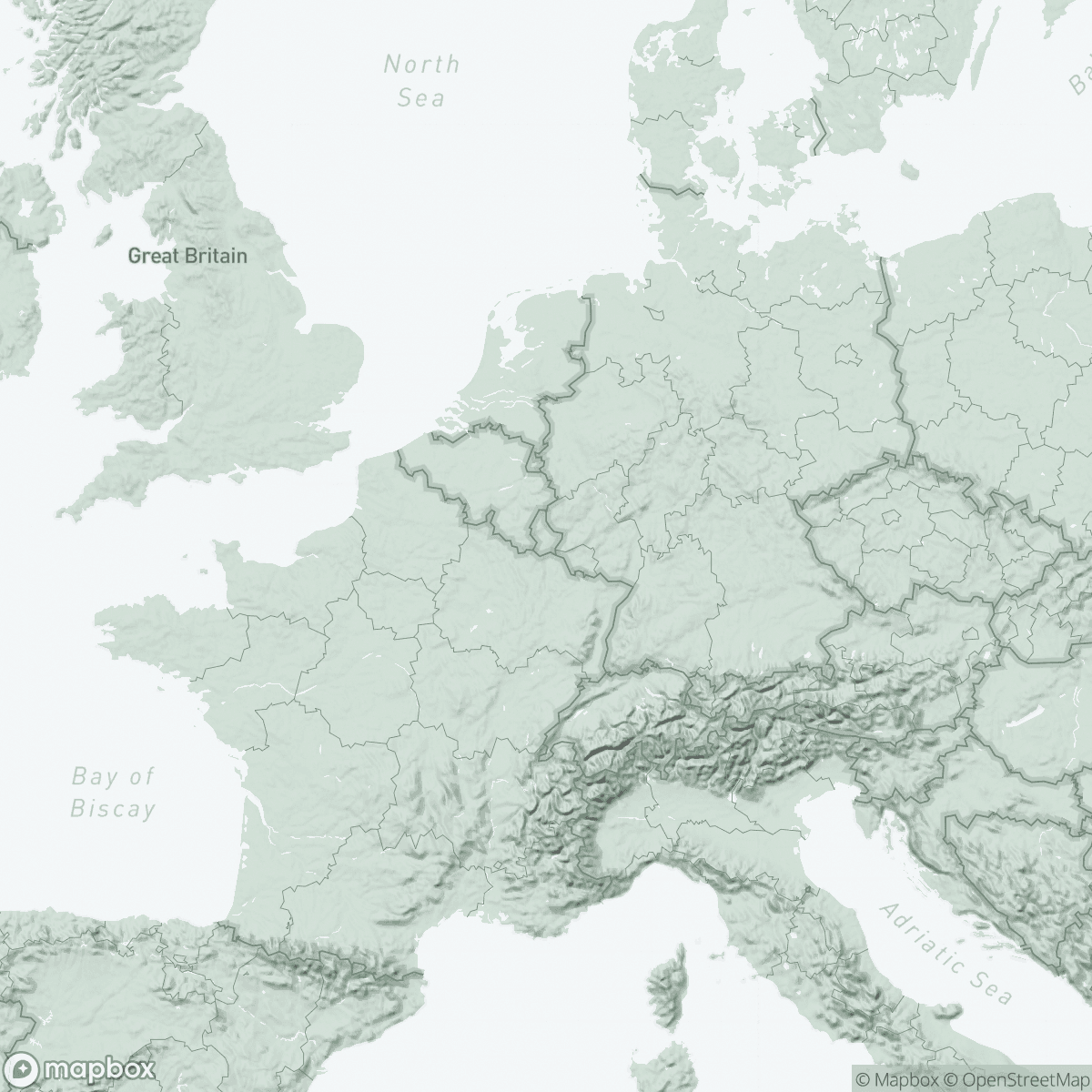MSF Facing Climate Challenges: The Role of Luxembourg’s Operational Research
In 1 click, help us spread this information :
Médecins Sans Frontières (MSF) warns that current measures to protect the most vulnerable populations from the negative effects of climate change remain insufficient.
MSF’s Luxembourg Operational Research Unit (LuxOR) highlights the impact of climate change on healthcare, fills knowledge gaps, improves data collection, and integrates local perspectives to better prepare for climate-related health crises.
Climate Change: A Health and Humanitarian Challenge
Climate change has devastating consequences for human health. The report "Hostile Climates", published in August 2024 by MSF and the Heidelberg Institute of Global Health, sheds light on how humanitarian workers, communities, and MSF patients are adapting to a rapidly changing environment. Based on interviews with 49 humanitarian staff members across 30 countries, the report details the impacts of climate risks, water degradation, and food shortages on humanitarian needs.
MSF operates in some of the most climate-vulnerable regions, where communities already have limited access to healthcare. Despite contributing minimally to greenhouse gas emissions, these populations face the most severe consequences of climate change, exacerbating humanitarian crises and their health effects.
The world's most vulnerable populations are paying with their health and lives for a problem they did not create. It is both absurd and tragic that those least responsible for the emissions driving the climate emergency suffer the worst consequences."
Dr. Christos Christou, International President of MSF.

In 2023, MSF continued to monitor and respond to the effects of climate change: widespread flooding in South Sudan, severe cyclones in Myanmar, Madagascar, and Mozambique, extreme heat waves, and prolonged droughts that pushed millions to the brink of famine across the Horn of Africa. MSF also responded to multiple simultaneous cholera outbreaks and alarming dengue rates in the Americas. The deadly combination of malaria and malnutrition led to an overwhelming number of pediatric hospitalizations across the Sahel, particularly in eastern Chad, where populations are fleeing the devastating Sudanese conflict.
This is not a future problem; it is a current crisis. We see it in our waiting rooms. And this is happening because world political leaders have failed to meet their commitments to reduce emissions and have not upheld their promise to help the most affected countries adapt."
Dr. Christos Christou, International President of MSF.

Understanding and Addressing Climate Research Gaps
In response to these challenges, MSF is committed to environmentally conscious interventions through six key areas: reducing its carbon footprint, improving disease surveillance, strengthening early warning systems, assessing vulnerabilities, implementing adaptive programs, and advancing research.
LuxOR contributes by integrating climate and environmental data into health monitoring, particularly in humanitarian settings. The "Lancet Countdown 2024 on Climate and Health" tracks climate impacts and assesses government responses. The joint Lancet-MSF 2024 report highlights the growing difficulties of humanitarian aid in a climate-affected world while proposing solutions to adapt health responses.
"In these contexts, the impact of climate change is often more direct and harder to mitigate due to heightened vulnerabilities," explains Dr. Amrish Baidjoe, Director of LuxOR.
LuxOR supports MSF by conducting research, improving data collection, and collaborating with partners and local communities. Recognizing and incorporating local knowledge and actions play a crucial role in anticipating climate disasters. »
Dr. Amrish Baidjoe, Director of LuxOR.

In fact, the most affected communities are also the first responders. The 2024 joint report underscores the importance of integrating local knowledge into climate and environmental research to make responses more sustainable and contextually relevant."
Dr. Umberto Pellecchia, LuxOR’s Qualitative Research Advisor.
Operational Research Course in Luxembourg Addressing Environmental Health Impacts
During the week of February 3, 2025, a course on climate, environmental degradation, and health (CEH) will take place in Luxembourg. Organized by LuxOR, this training is part of the SORT IT (Structured Operational Research Training Initiative) program. It aims to strengthen research skills among MSF teams and their partners to improve humanitarian responses to environmental challenges.
Training Schedule:
- Modules 1 & 2: Research question development and protocol design (2 weeks) – Abidjan, December 2023
- Module 3: Data analysis and scientific article writing (1 week) – Luxembourg, February 2025
- Module 4: Article submission and implementation strategy (1 week) – June 2025 (date to be confirmed)

